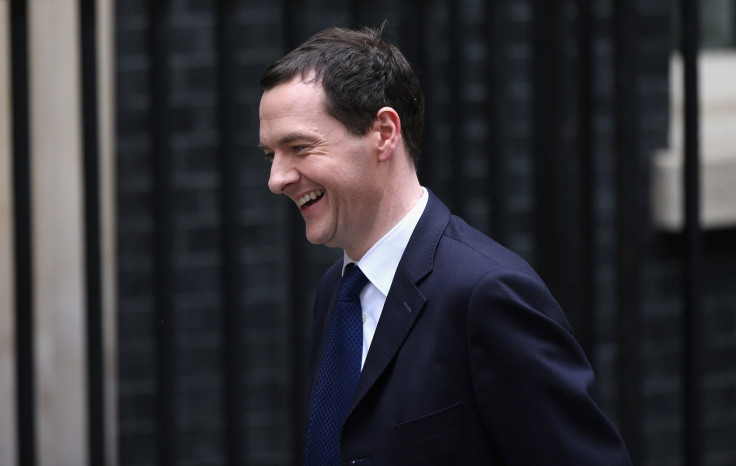Conservative government buoyed as UK employment up to record 73.5% while wages spike

The Conservatives have received a post-election boost after employment hit a record high of 73.5%.
Figures published by the Office for National Statistics (ONS) show the number of unemployed people fell 35,000 to 1.83 million in March while the employment was at its highest comparable rate since records began in 1971.
The news will be welcomed by the Tories after the party targeted 100% employment and leapfrogging Germany as the as the G7 nation with the highest proportion of people in work.
The ONS data showed unemployment was down to 5.5% between January and March, the lowest since mid-2008 when the economic crisis started unravelling, and the number of people claiming Jobseeker's Allowance last month fell by 12,600 to 763,800.
Between February and April, the ONS said there were 733,000 job vacancies - 95,000 more than in the same period last year.
There was also good news for households as wages excluding bonuses grew by 2.2% during the first three months of the year, outstripping the Consumer Price Index, which is currently 0%.
Chancellor George Osborne said the figures showed the government's plan was working and it was on target to achieve its target of full-employment.
New employment minister, Priti Patel, said: "Our long-term economic plan is creating a better, more prosperous future for Britain, with employment at an all-time high and more women in work than ever before."
The positive figures came after the ONS yesterday (Tuesday, 12 May) published data showing there was 0.5% growth in production in March - with manufacturing up 0.4% - and stronger than expected growth in production of 0.1% in the first quarter of 2015.
However, the Bank of England cut its forecasts for British economic growth over the next three years and cautiously backed market expectations that it will only start to raise interest rates in around a year's time.
The central bank now expects economic growth this year of 2.4 percent, it said in its quarterly Inflation Report, down from a 2.9 percent projection in February and closer to most other economic forecasters' expectations.
Britain was the fastest growing of any major advanced economy last year, as it made up ground lost during the financial crisis.
© Copyright IBTimes 2025. All rights reserved.





















